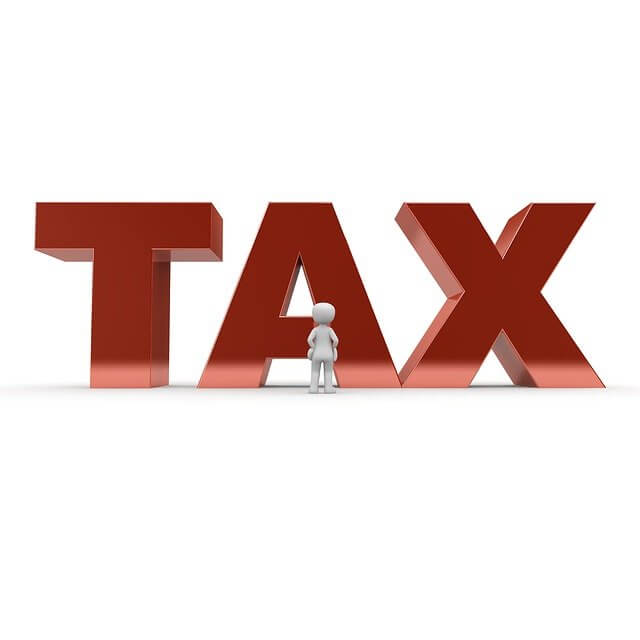Report from the Legislature – Behind the (shocking) numbers

The Tax Commissioner’s projection of a 9% increase in property taxes last week was predictably a shock considering the economic climate we are currently in. In fact, it would be shocking even in a good year. So, before we start to panic, it is important to know that this is a preliminary number that the Tax Department has to provide to school districts for planning purposes based on predictions of FY21 revenues made in August. These projections reflect the slowdown in the economy due to the pandemic and are influenced by the uncertainties inherent in these unique circumstances. They are the starting point for discussions and decisions on education financing in the coming legislative session.
The main drivers of the projected increase are:
- a 9.8% increase in teachers’ health insurance premiums as negotiated for all education staff by the state
- a $30.3 million increase in the normal cost of teachers’ pensions due to a change in actuarial assumptions
- an $11.5 million increase in the property tax credit because of reduced personal incomes during the pandemic
In addition, projected non-property tax revenue (sales and use tax, rooms and meals tax, lottery) going into the Education Fund are down $38 million. In anticipation of this downturn, the legislature has already in Act 122 taken a firm stand that property taxpayers should not have to make up the non-property tax shortfall. Alternatively, the budget will be developed using additional Federal Funds, drawing down the stabilization reserve, borrowing, or finding other sources of revenue. Most states are finding themselves in similar economic constraints, and the hope is that further federal stimulus money will include relief for state budgets.
In a presentation to the legislature last week, the Joint Fiscal Office (JFO) stated that a revised, and likely improved, forecast will be available by mid-January. Actual revenues to date have been coming in ahead of the August predictions: General Fund (+9%), Transportation Fund (+7%), and Education Fund (+13%). This will help reduce the projected tax increase if the trend continues.
The current consensus between the JFO and the Administration is that education spending will increase by 3.8%. School district spending decisions are made at the local level. The legislature’s job is to raise the money in the fairest way possible to fund those budgets. That will be done once all the facts are in.
I welcome your emails or phone calls at (802) 233-5238. This article and others can be found at my website.

